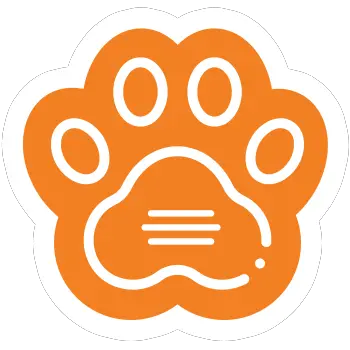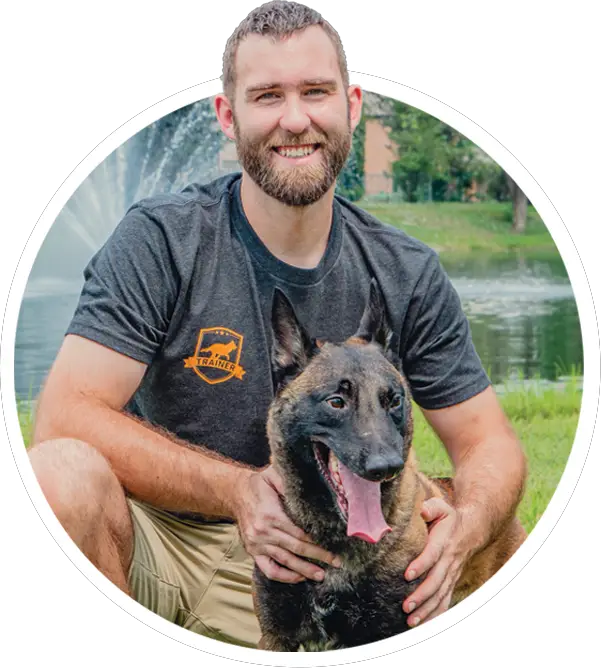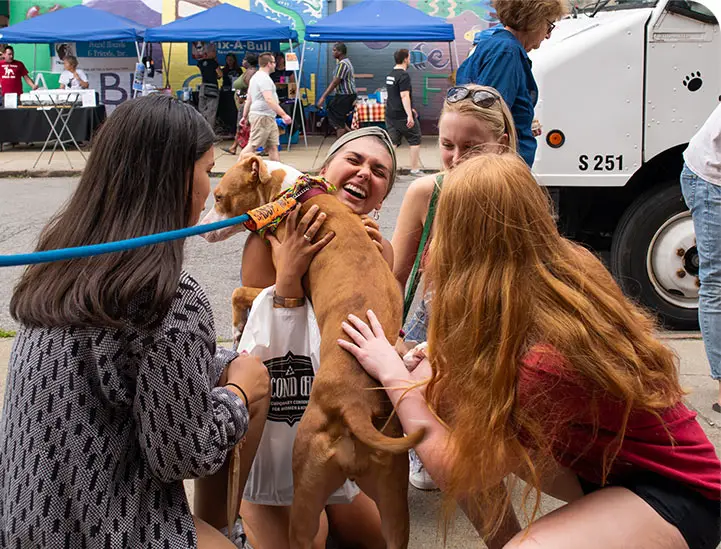At Stayyy.com dog training Chicago, we provide professional puppy and dog training in the Chicagoland area. We offer a range of programs, including our most popular Board & Train, a form of immersive learning, in-home private training, and group classes. Our professional trainers work with dogs of any age, breed, and temperament, whether you’re interested in obedience training or want to address problem behaviors.
The “Why” Behind Stayyy – Dog Training Chicago
Stayyy began like many other businesses do—with a need that required a solution. Realizing how difficult it is to find qualified, reputable, and professional dog trainers, Thomas Niemczewski decided to start his own company that would help owners unearth excellent trainers. There are a lot of dog training misconceptions, distortions, and other issues that get in the way of proper, ethical, and humane dog training. The goal of Stayyy is to cut through all of the noise and become a reliable resource for those that need help with their furry friends.
Most pet owners want what’s best for their dogs but might have a hard time understanding the nature of their needs, learning abilities, and overall psyche. This leads to problems with communication and providing the support the dog needs to thrive, such as establishing proper leadership. While well-meaning, such relationships based on little hierarchy and a lot of chaos will adversely impact a mutual bond, learning processes, behaviors, and many other areas of shared life. Adding to the equation the array of misinformation present online, dog training is slowly downgrading from art to harm. Terms like “behavioral disorder” have become mainstream over the years, leading to detrimental misconceptions and the widespread consensus that we need “science” to help us co-exist with our animals in harmony – all of which are a symptom of inconsistent and improper dog training, or lack thereof. Unfortunately, we dog owners are also the victims of inaccuracy and lack of structure that we then introduce to our homes, often transforming into something much bigger, even dog or human-related aggression. Understanding your dog’s behavior patterns and motivations provides a stable ground for dog trainers to correct the undesired and teach new behaviors required for a happy and healthy bond. When able to better connect with our furry friends, we can begin guiding them towards mastering skills they were born to perform. Dogs come to this earth understanding the pack mentality, but it is often us humans that distort this innate ability. Once we establish clear expectations, the “disorders” will stop on their own.
Stayyy provides professional dog training services and resources designed to help YOU build a strong relationship between you and your dog through education, guidance, and implementation. We strive for excellence, continuously improving our understanding and methods related to dog training and dog mentality. Lack of structure is a red flag that relationship issues might be present – the most significant culprit behind your dog’s behavioral problems.





